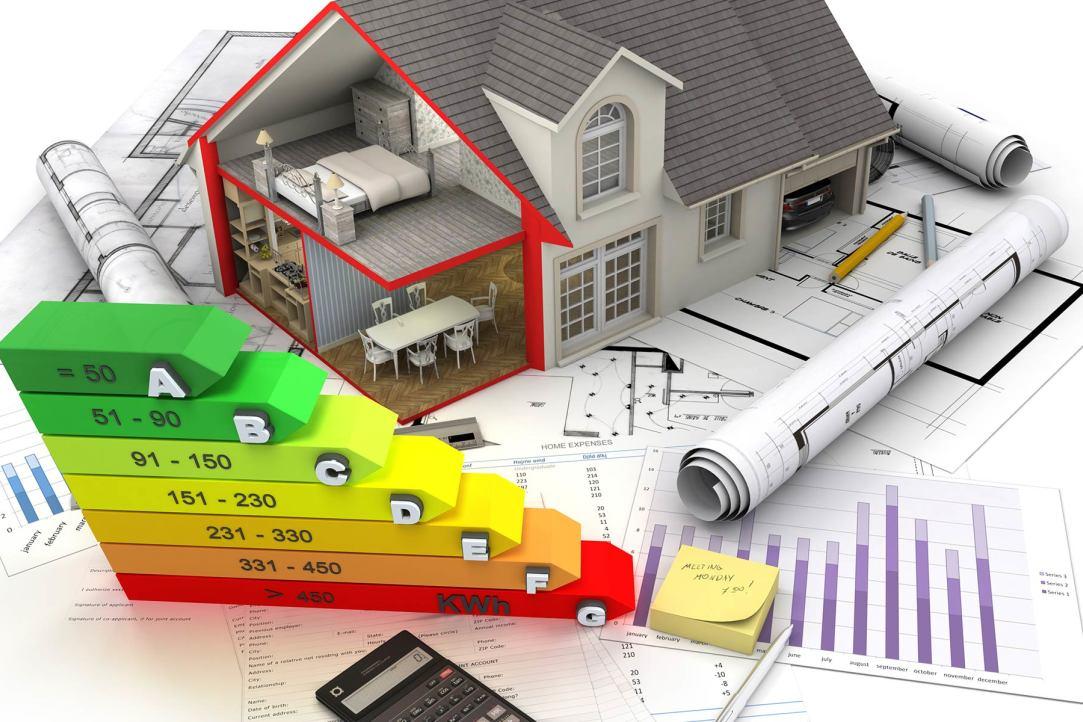About half of the buildings in Cyprus do not meet modern energy efficiency standards. This is because they were built at a time when the island nation's construction sector did not have such requirements. This has led to higher energy costs and increased pollution.
This was recently announced by the Cypriot Ministry of Energy, Commerce and Industry.
In particular, the ministry said that % of houses on the island were built before 1981. Another 54% were built between 1981 and 2006, when the issue of energy efficiency was not even raised. As a result, many homes today have low or average energy efficiency.
According to the Ministry, the lack of legislation has led to a lack of proper control. Most local developers have simply ignored it. The Ministry believes that only a comprehensive modernisation of the energy system can solve the problem. However, this will require a massive investment of 15 billion euros. Even a more realistic scenario envisages spending 800 million euros by 2030.
The ministry stressed that the scale of the problem is enormous. For example, % of the houses in Cyprus have no energy saving measures. Only 12% of buildings are insulated and 38% have double glazing.

As a reminder, zero emissions means that no CO2 or other greenhouse gases are emitted into the atmosphere. Cyprus has recently launched a government programme to modernise 1.6 thousand buildings on the island. To this end, 80 million euros have been allocated from the island state's budget.
It is worth noting that Cyprus faces this problem not only in the residential sector, but also in the public sector. Until recently, 1.1 thousand public buildings with a total area of 2 million m2 were also inefficient. But with the European Union demanding improvements, the Cypriot government is being forced to comply with common rules.
The EU requires all new buildings to be zero-emission by 2030. Public buildings must meet this target by 2028. Energy consumption must be reduced by 16% by 2030 and by 20-22% by 2035.
